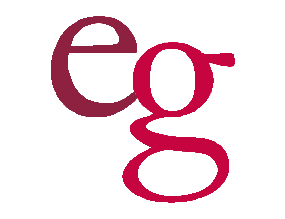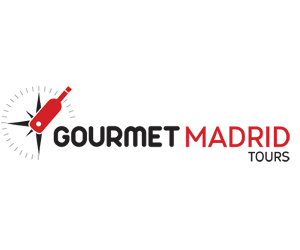I am text block. Click edit button to change this text. Lorem ipsum dolor sit amet, consectetur adipiscing elit. Ut elit tellus, luctus nec ullamcorper mattis, pulvinar dapibus leo.

The mission of the The Spanish Wine and Food Tourism Association is to position Spain as a leading destination for food and wine orientated tourism.
As such, we aim to assess and communicate the opportunities in this market to all of its members- customers, suppliers, public and private institutions, national and foreign media.
We wish to bring together the different intermediaries in our sector in order to contribute to its development, regulation and promotion.














